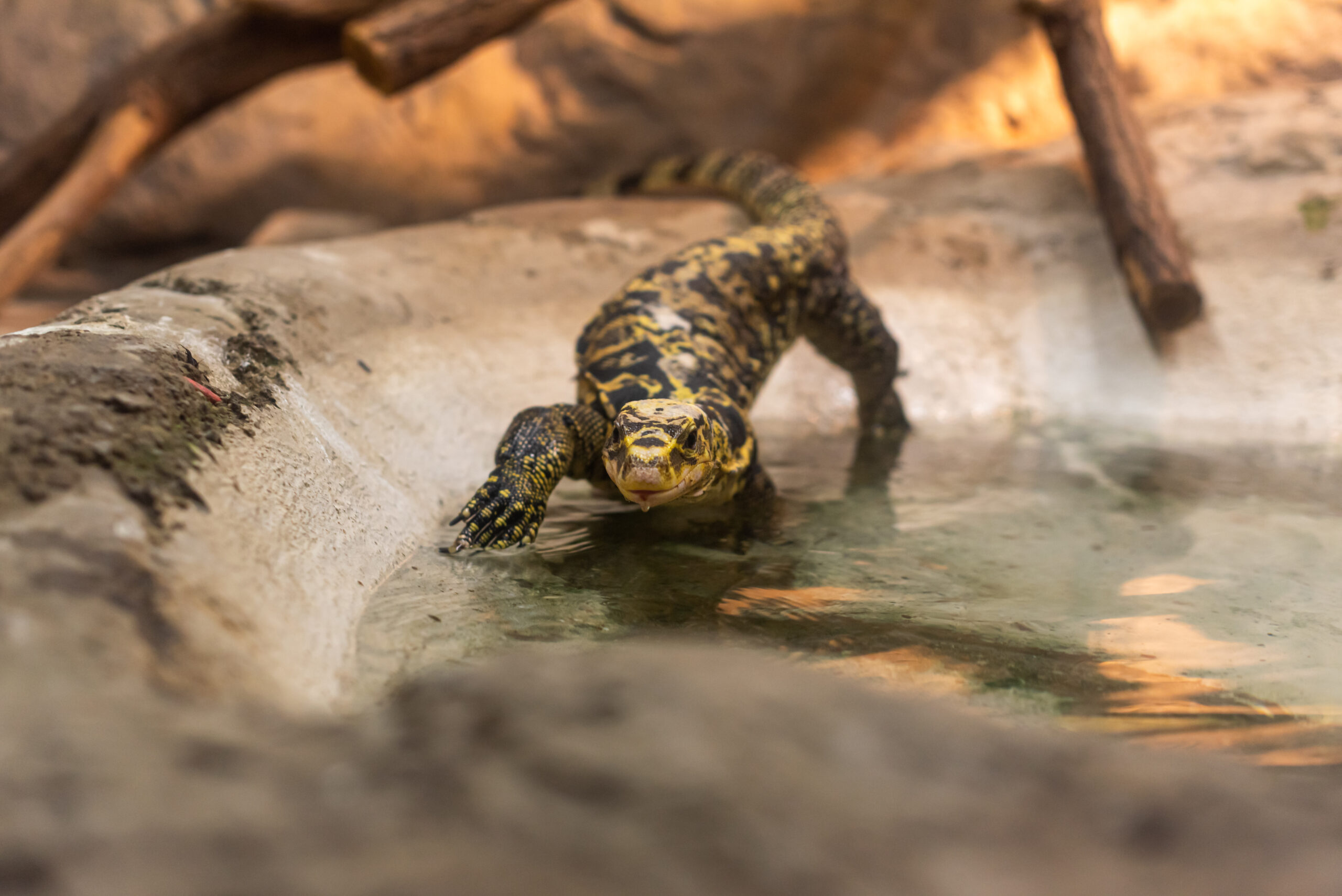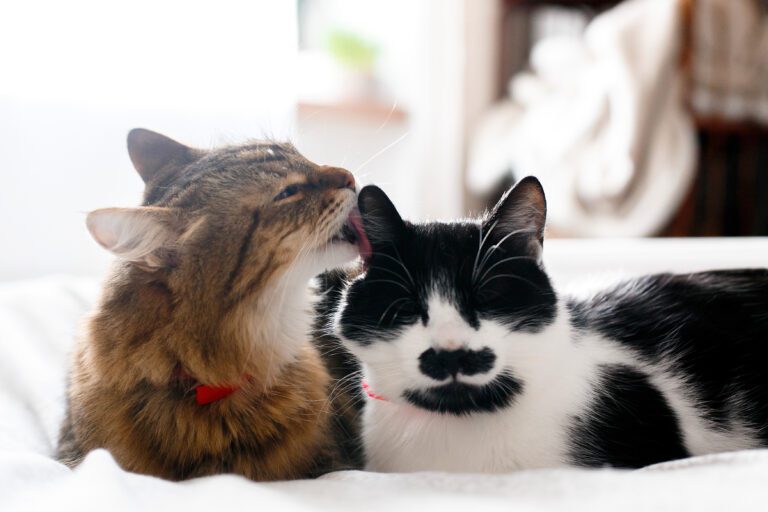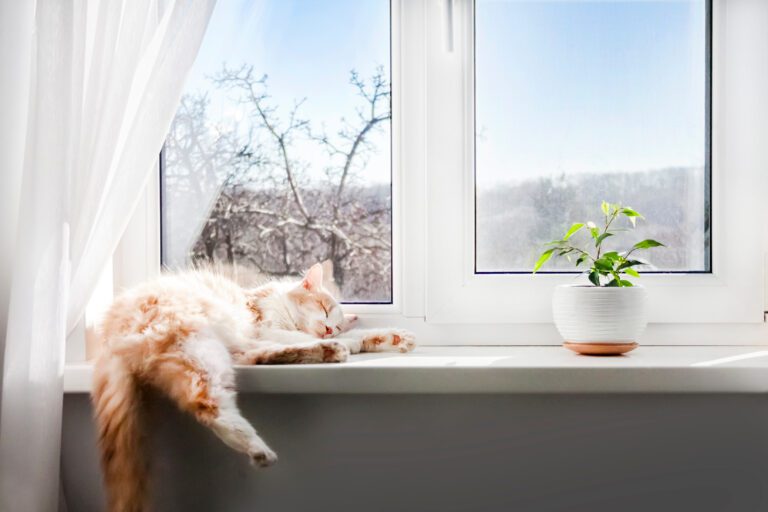The frequency of cleaning your pet lizard’s enclosure can vary depending on several factors, including the type of lizard, size of the enclosure, substrate used, and the lizard’s eating and bathroom habits. However, as a general guideline, most reptile experts recommend cleaning the enclosure on a regular basis. Here are some general recommendations:
- Daily Tasks:
- Spot cleaning: Remove any feces, uneaten food, or shed skin from the enclosure daily to maintain cleanliness.
- Fresh water: Provide clean, fresh water daily and ensure it is easily accessible to your lizard.
- Weekly Tasks:
- Substrate cleaning: Depending on the type of substrate, you may need to spot clean daily but perform a thorough cleaning of the entire enclosure weekly. For example, if you’re using a loose substrate like sand or wood chips, remove any soiled areas and replace them with fresh substrate. If you’re using a non-porous substrate like reptile carpet or tiles, you’ll need to clean and disinfect them.
- Monthly Tasks:
- Deep cleaning: Once a month, perform a more extensive cleaning of the entire enclosure. This includes removing all decor and accessories, cleaning them thoroughly, and sanitizing the enclosure itself. Use a reptile-safe disinfectant to clean the enclosure, rinse it well, and allow it to dry completely before reassembling the habitat.
Remember, these are general guidelines, and it’s essential to observe your specific lizard’s behavior and adjust the cleaning schedule accordingly. Some lizards may require more frequent cleaning due to their size or habits, while others may need less. Regular monitoring of the enclosure’s cleanliness and your lizard’s well-being will help you determine the ideal cleaning frequency.
Learn more about pet insurance for your reptile.






